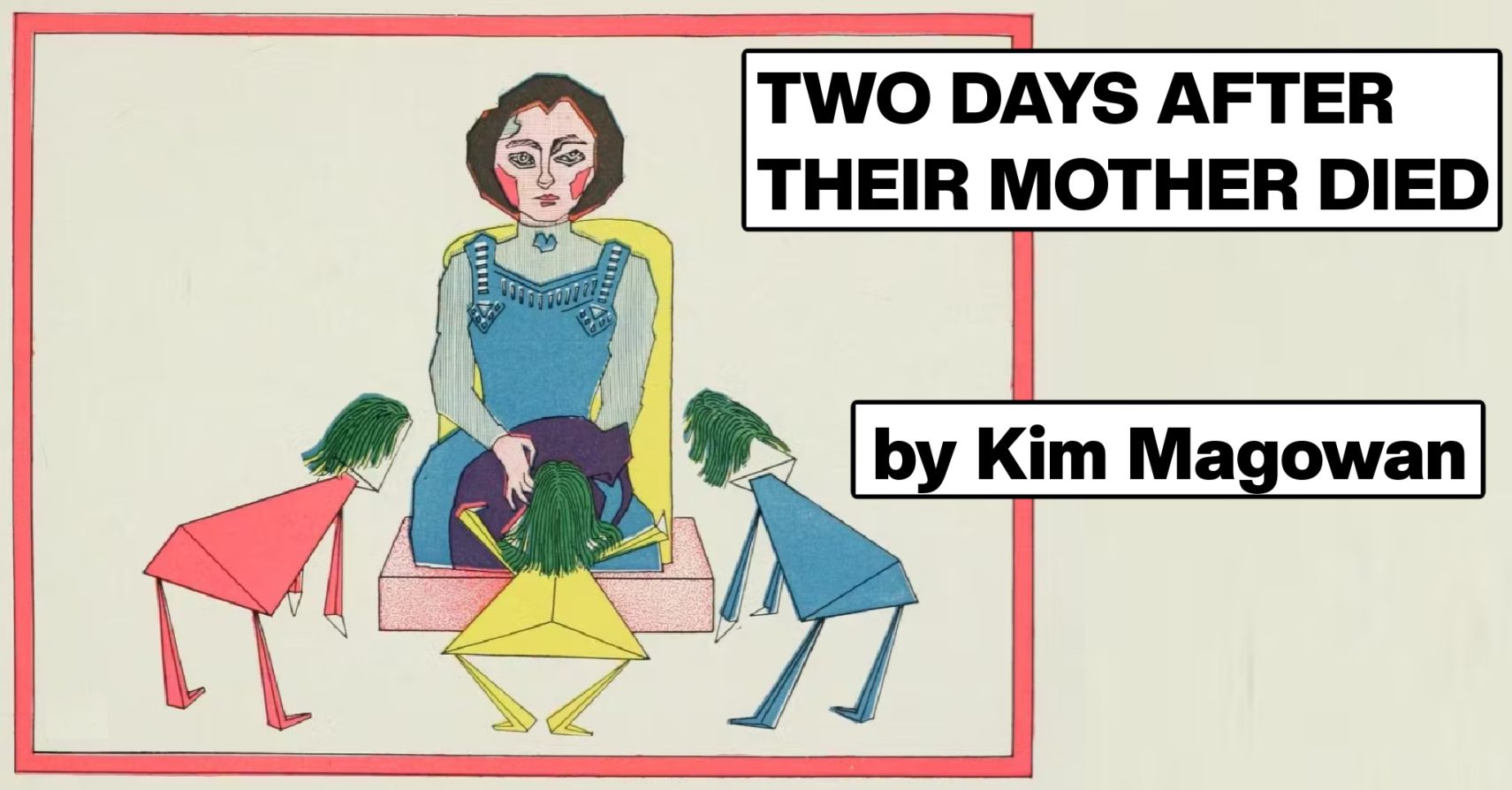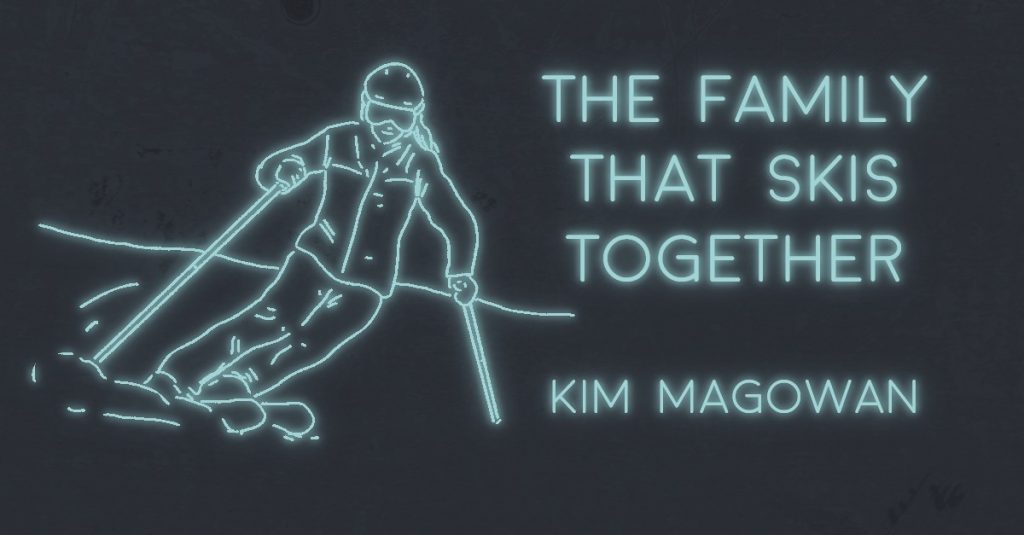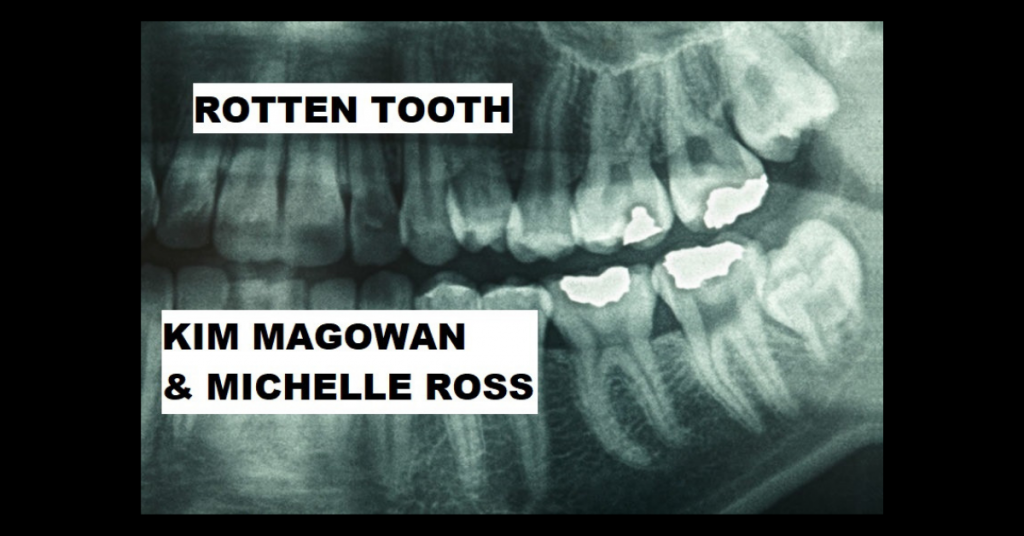
TWO DAYS AFTER THEIR MOTHER DIES by Kim Magowan
Josie uses her key to let herself and her sister Amy into Cora’s apartment. She walks in first, then turns to see Amy standing in the doorway, hand braced against the doorframe. Josie says, impatiently, “Come on.” Finally, Amy enters this apartment their mother lived in for three years, moving here after she injured her knee and at last accepted that it made no sense for an older woman to be living in a house with two sets of stairs. But Amy has never seen it, because she’s so stubborn and unforgiving. Watching her older sister walk slowly into the…


